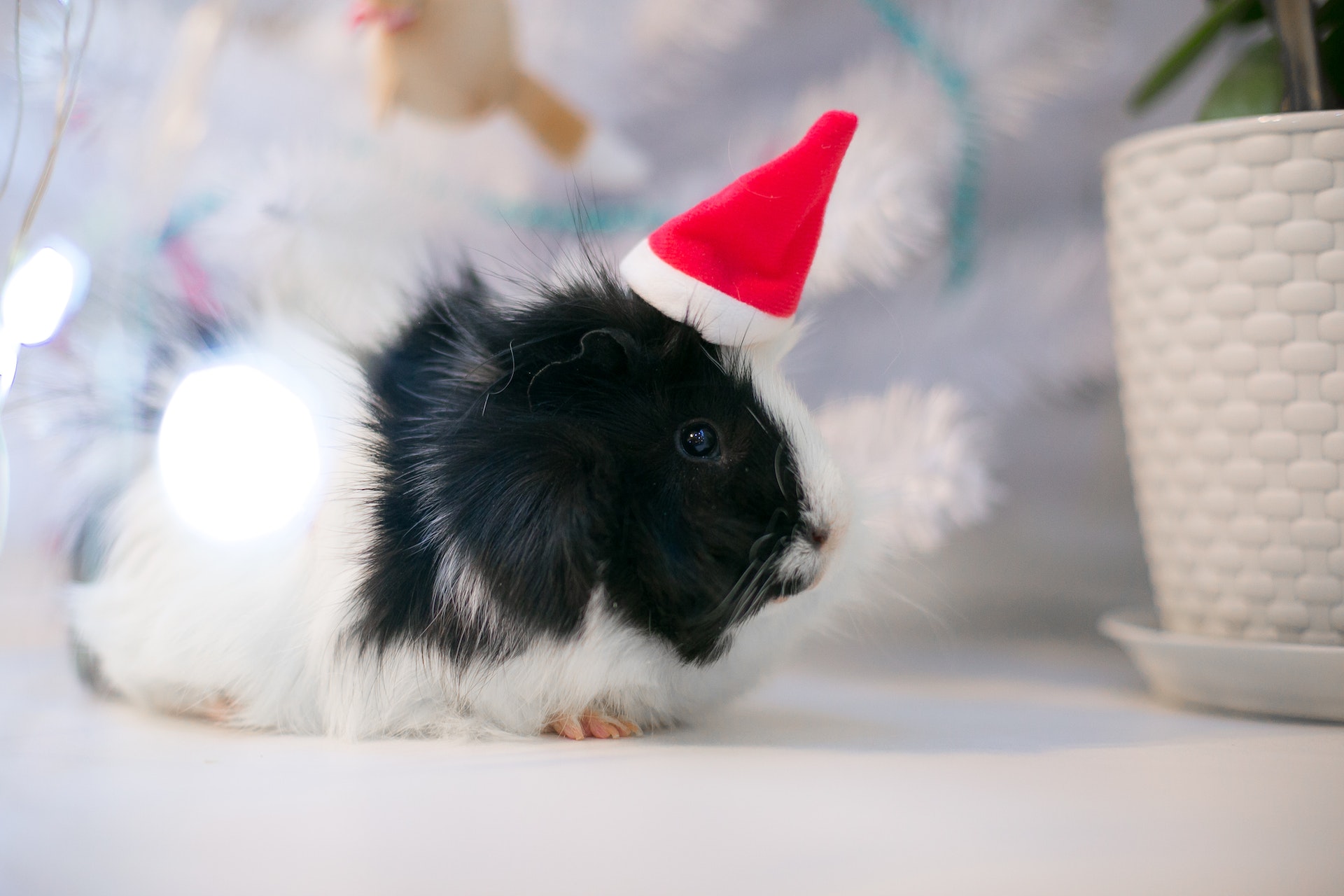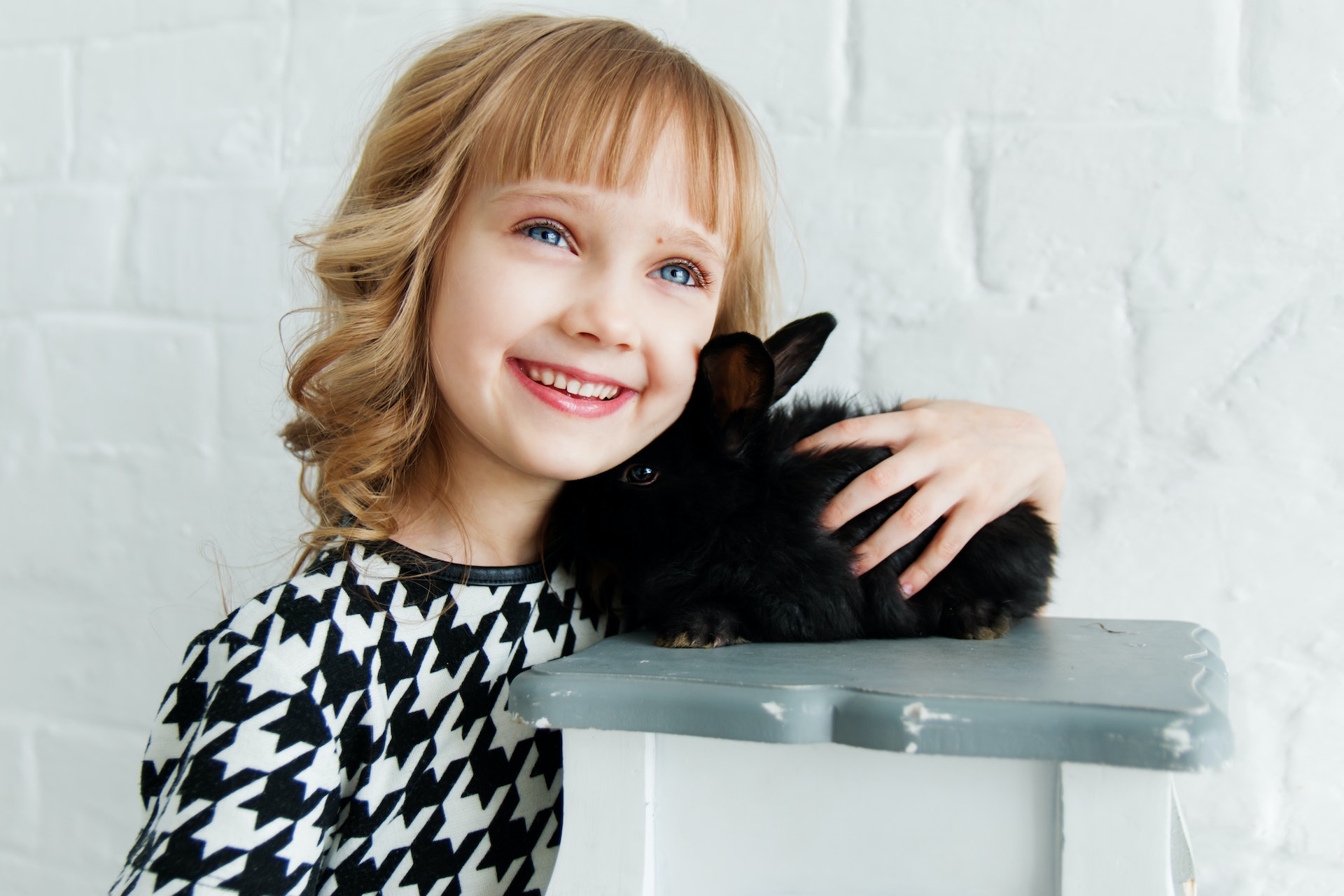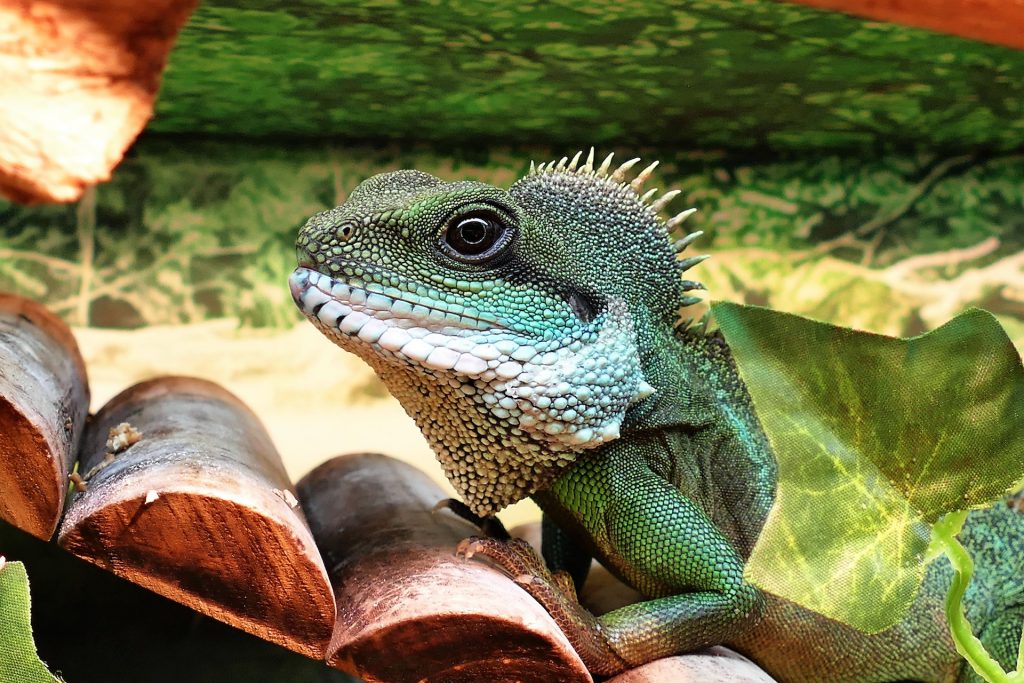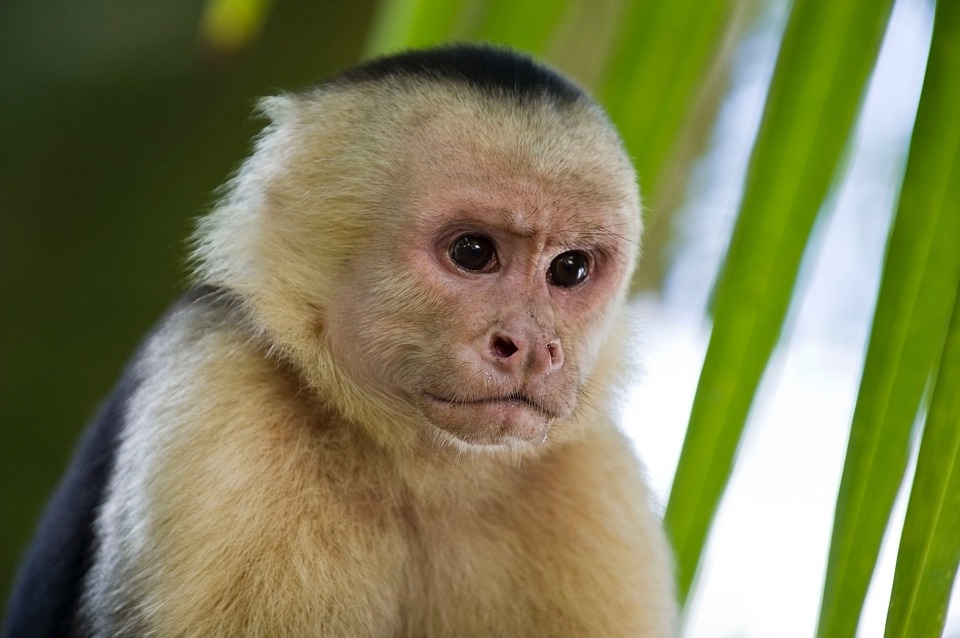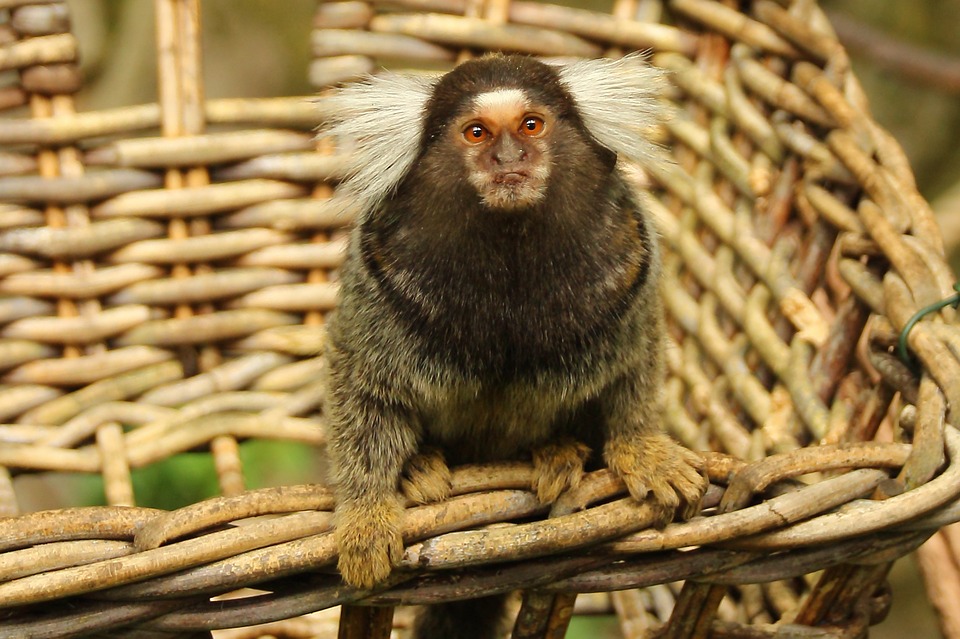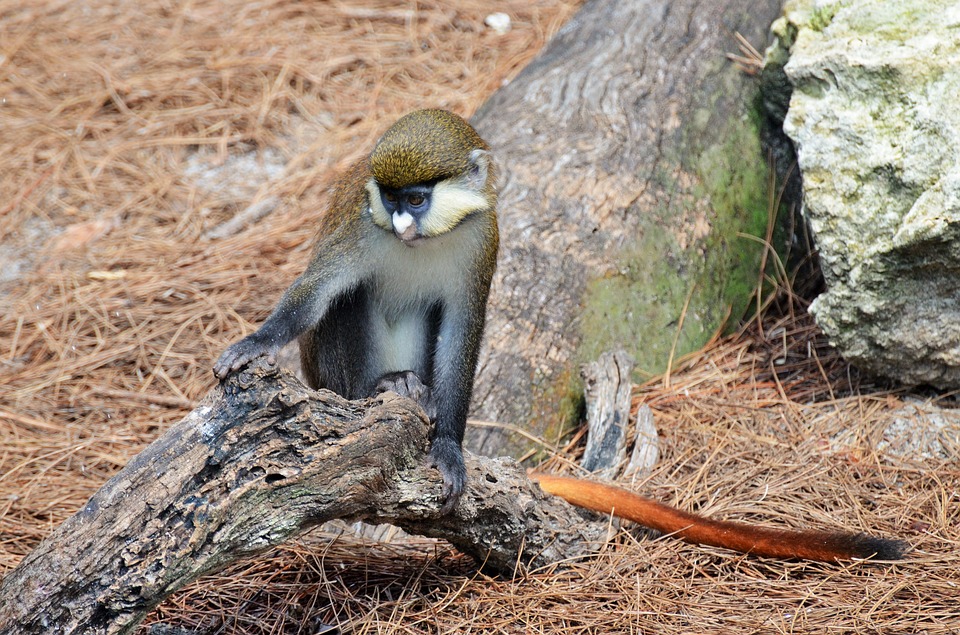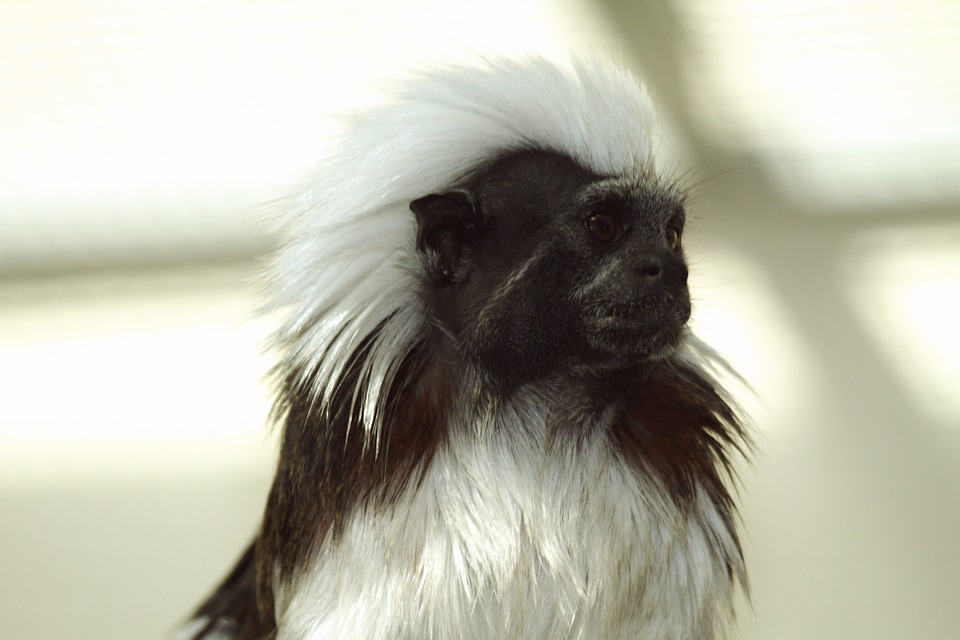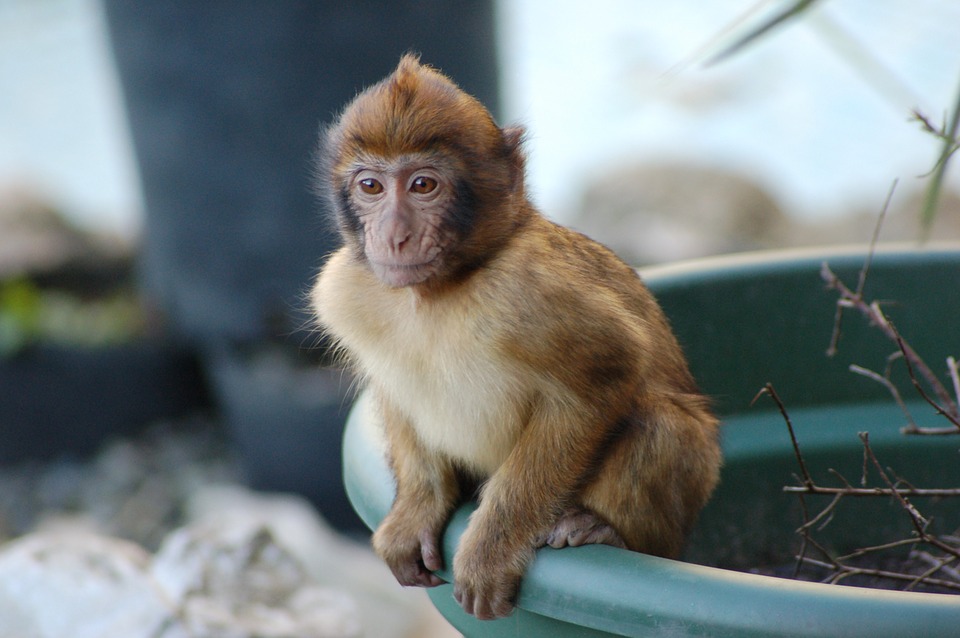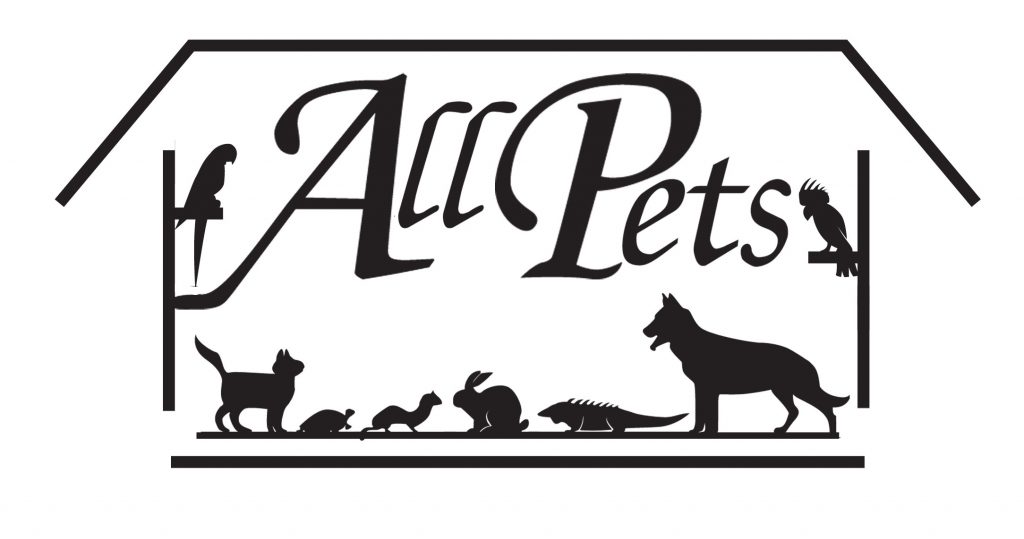 Emergencies can strike without warning — and when they do, your pet deserves swift, expert care from a team you can trust. At All Pets Veterinary Medical Center in College Station, TX, we offer daytime emergency services for dogs, cats, and exotic pets. Whether your companion has been injured, is in sudden distress, or just isn’t acting like themselves, our skilled veterinary team is here to help.
Emergencies can strike without warning — and when they do, your pet deserves swift, expert care from a team you can trust. At All Pets Veterinary Medical Center in College Station, TX, we offer daytime emergency services for dogs, cats, and exotic pets. Whether your companion has been injured, is in sudden distress, or just isn’t acting like themselves, our skilled veterinary team is here to help.
What Qualifies as a Veterinary Emergency?
Emergencies come in many forms. If you’re not sure whether your pet needs urgent care, it’s always best to err on the side of caution. Common emergencies we handle during the day include:
- Difficulty breathing or severe coughing
- Bleeding that doesn’t stop
- Vomiting or diarrhea (especially with blood)
- Seizures or collapse
- Heatstroke or hypothermia
- Sudden weakness or lameness
- Ingestion of toxins (medications, plants, chemicals, etc.)
- Difficulty giving birth (dystocia)
- Eye injuries or severe swelling
- Foreign object ingestion
We also regularly see exotic pets for emergencies, including birds, reptiles, rabbits, ferrets, guinea pigs, and more — a service not commonly offered in our area.
Why Choose All Pets for Emergency Care?
🏥 Experienced Team: Our veterinarians and support staff are trained to act fast and efficiently in high-stress situations.
🐾 Comprehensive Diagnostics: With in-house bloodwork, digital radiography, and ultrasound, we can diagnose and begin treatment immediately.
⏰ Same-Day Walk-In Availability: While we encourage you to call ahead, we accept emergency walk-ins during business hours.
🦜 Exotic Animal Expertise: From parrots to pythons, we offer emergency care for species that many other clinics cannot accommodate.
What to Do in a Pet Emergency
- Stay calm and contact our clinic immediately at (979) 696-4411.
- Let us know what’s happening so we can prepare for your arrival.
- If safe to do so, transport your pet to our hospital as quickly as possible.
If your emergency occurs outside our business hours, we’ll help you find an appropriate referral hospital to ensure your pet receives care without delay.
We’re Here When Your Pet Needs Us Most
Emergencies are stressful, but you don’t have to face them alone. The All Pets Veterinary Medical Center team is here to provide compassionate, lifesaving care when it matters most. We’re proud to serve the pets of College Station and the surrounding communities with emergency veterinary care that’s both expert and accessible.
Call us at (979) 696-4411 or come by during business hours if your pet is in distress.






